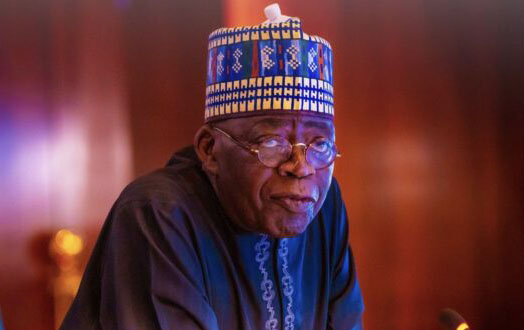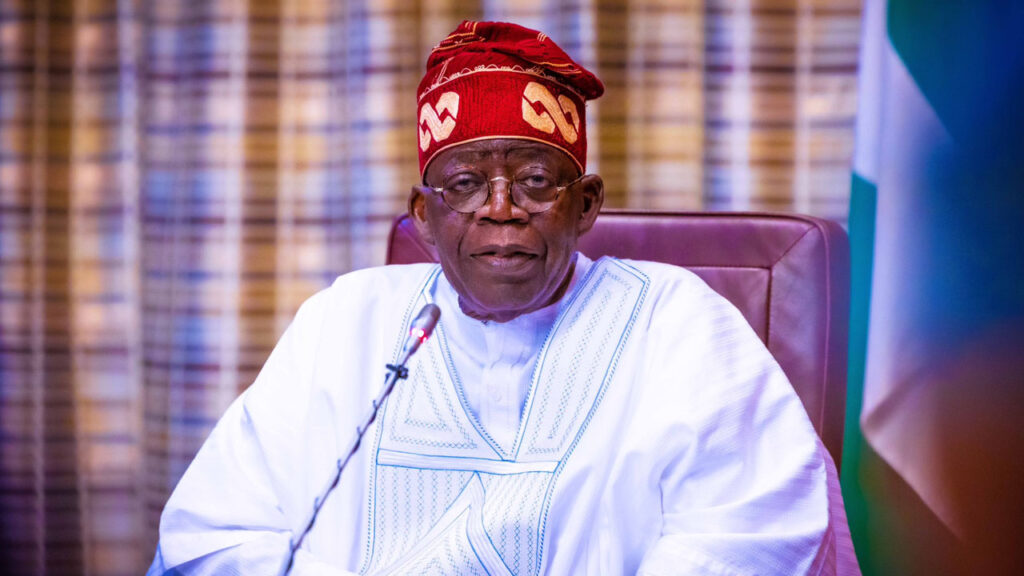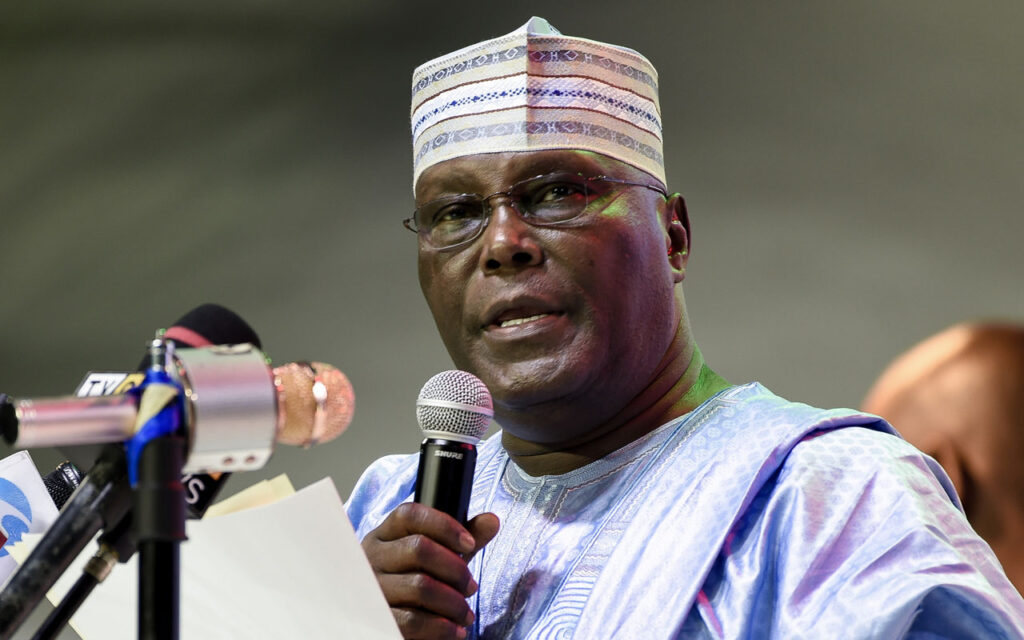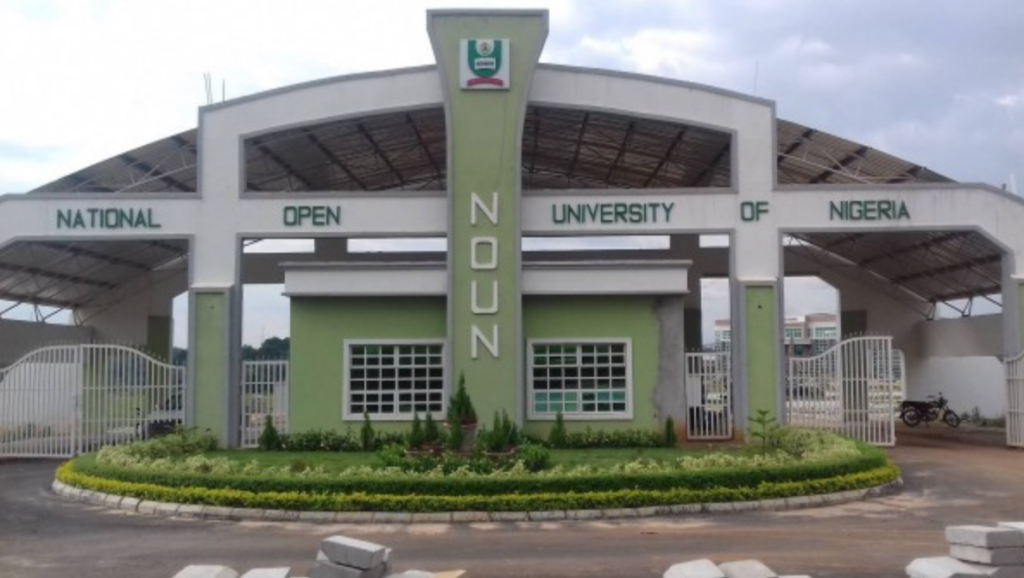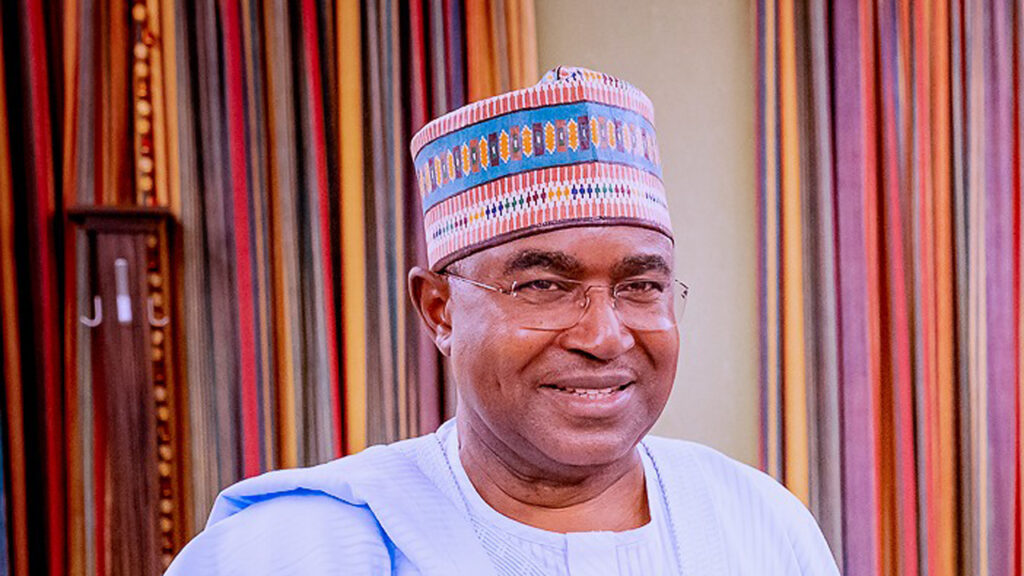
• Senate ready to effect necessary constitutional changes, says spokesman
• Governors must not hijack it – HURIWA
Critical stakeholders in the polity have thrown their weight behind the move by President Bola Ahmed Tinubu to establish State Police as a means of addressing the insecurity challenges bedeviling the country.
Although, they insisted that governors and political leaders must not be allowed to hijack the state police structure, they believe there is a need to bring policing to the doorsteps of the citizens.
This was even as the Senate yesterday gave assurance that it is ready to effect necessary changes in the constitution and existing laws to give Nigerians the kind of police service they desire and deserve, as it prepares to inaugurate its committee on the amendment of the 1999 Constitution.
It said the panel would be open to receive the input of stakeholders at all levels with regards to the clamour for the creation of State Police.
Chairman of the Senate Committee on Media and Public Affairs, Adaramodu Adeyemi, who said this in an interview, in Abuja, explained that members of the 10th Senate were conscious of their responsibilities to Nigerians and as such were prepared to give their best.
Adeyemi noted that laws cannot be made outside the parliament, adding that those who seek legislative intervention on any issue must of necessity submit their ideas for scrutiny by the legislature.
He pointed out that those behind the clamour for state police would be required to mobilise support for it at the federal and state levels for it to succeed.
The Senate spokesman advised those who feel strongly about it to approach critical stakeholders in the National and State Assemblies as well as the traditional institution to get the necessary support to push it through.
According to him, federal legislators as representatives of the people would ensure the people’s will prevails at the end of the day.
He said: “So, when they now meet and then we aggregate and we know that this is what Nigerians want, that is the law that we are going to make. What we represent is the people and the law must be people’s law.
“Once it is going to be the people’s law, whatever kind of police that Nigerians want, that is what the National Assembly will give to them.”
He explained that for any amendment to the constitution to succeed, it must be supported by at least 24 of the 36 states of the federation, passed by the National Assembly and assented to by the President as the case may be.
During a meeting with governors at the Presidential Villa last Thursday, President Tinubu had informed the governors that the Federal Government would work with them and the National Assembly towards putting in place a mechanism that would engender state police instead of the vigilantes that are being used in some states.
The President also charged the governors to strengthen their Forest Rangers and arm them to keep the forest safe from criminals.
He had hinted that modalities for state police and addressing security issues would be discussed further at National Economic Council.
In the last 20 years, the Nigerian military has been routinely involved in police functions in some states of the federation. Pundits had hinted that in countries where the security architecture is properly articulated, especially the police, such a security anomaly would not be experienced. They believe that Nigeria ought to have embraced the civility, which goes with the creation of state police in federal system.
Countries with state police include the United Kingdom, United States of America, India, Pakistan, South Africa, among others.
Sharing his thought on the state police proposition, former Director of the De
partment of State Services (DSS), Mr. Dennis Amachree, noted that Nigeria should have established state police about 12 years ago.
His words: “It is a step in the right direction that the Presidency and state administrators are now seriously brainstorming on the establishment of state police.
“However, the modalities will in effect, tinker with the law enforcement structure that we have now. Federal and state legislators should be careful in drafting the laws that will establish the state police and local government sheriffs.
“First, they should spell out what are federal laws to be enforced by the federal police; what are state laws to be enforced by state police and local government edicts to be enforced by local government sheriffs. These boundaries must be established to avoid abuse and clashes.
“Creating the boundaries will enhance a seamless working relationship among the different police organisations. Each agency should know when to call in the responsible agency to take over a case which is beyond their jurisdiction,” he said.

President of the Human Rights Writers Association of Nigeria (HURIWA), Emmanuel Onwubiko, said his group had over a decade ago advocated aggressively for the setting up of state police but insisted that governors must not be allowed to command it.
He said: “When we started campaigning for state police, the North was opposed to it because basically, under the current status quo, the North dominates the police force and yet the national policing institution has failed spectacularly to police Nigeria adequately due to lack of discipline, lack of professionalism and poor governance standards due to corruption and many other malpractices that characterised the modalities for enlistment.
“Now that the North has become the epicentre of terrorism, it has backed the advocacy for state police.
“We support the clamour for state police but it must not be controlled by the state governors. A nationally independent board of commanders representing all states should be set up by a legislation by the National Assembly to command and control the state police so the governors do not convert the state police to their private army.
“But the idea of a state police is a phenomenal one that, if well set up, can resolve the heightened state of insecurity in Nigeria.”
On how state governments can establish it to make sure it does not clash with the national police, Onwubiko noted that the state Houses of Assembly and the National Assembly should work in unison to set it up.
He added: “The way to go is to amend the relevant sections of the constitution to clearly provide the provisions for the creation of state police. But the command and control shouldn’t be in the hands of the police so the state police can exercise the same kind of independence like the London metropolitan police or the Los Angeles metropolitan police of U.S. and UK.
“On no account should the governors be allowed to control and command the state police, but the necessity for a state police is critical and ripe at this moment.”
A technocrat, Dr. Ernest Ndukwe, also described the creation of state police as a step in the right direction towards enhancing security in Nigeria.
Ndukwe, who is the chairman of MTN Nigeria, commended President Tinubu and the 36 state governors for agreeing on the need to establish state police.
He urged them to remain steadfast and ensure the crystallisation of the idea in the shortest possible time.
To him, the current parlous security situation in the country needs to be tackled firmly and comprehensively, and the creation of state police will help stem the increasing spate of criminality in the country.
He, therefore, enjoined both the government and the people to join hands to bring to fruition the idea of state police.
Ndukwe contended that state policing would increase the numerical strength of security personnel saddled with the responsibility of internal security.
He bemoaned the current situation in Nigeria where there is only one federal police force with a total strength of less than one million personnel.
He emphasised that state police would not only increase the overall number of police officers in the country but also ensure that officers of the state police force would operate in their own localities or in very familiar territories, which would help to enhance their effectiveness and efficiency.
Mindful of the often-expressed fears in some quarters about the possible misuse of state police by the sub-national political authorities, Ndukwe advocated for laws and stringent operational guidelines to curb such likely excesses.
He submitted that state policing would ensure that virtually every inch of Nigerian soil would be protected unlike the current situation where a lot of ungoverned spaces that are often converted by bandits as the operational bases for their nefarious activities abound.
To a Certified Protection Officer, Mr. Frank Oshanugor, the first thing to do is for the National Assembly to amend the Police Act and remove it from the Exclusive list and put it in the Concurrent list so that both the federal and state governments would have the constitutional power to decide on any issue concerning the police.
“The amendment of the Police Act should specifically empower the state governments to establish their own police force according to the guidelines their State Assemblies may seem fit.”
A security expert, Christopher Oji, also said:
“There is need for the Federal Government to declare a state of emergency on security because of the state of insecurity. It is a fact that our President is an advocate of state police. We are not yet ripe for state police.
“What I expected Federal Government to do was to allow the states to rejig their local vigilante. The states are too poor to pay a living wage to policemen. Well, when you look at it critically, the state governors are taking care of the police, especially in the area of their welfare and logistics.
“However, the Federal Government should be careful about state police because of tribalism and political reasons. Non-indigenes will suffer in the hands of the state police and the governors can use the state police to witch-hunt their political opponents in the state.
“The Federal Government should make the state police submissive to the Inspector General of Police (IGP) who should be monitoring from above. He should be backed by the constitution for a five-year single tenure. With this, the IGP will no longer be looking at the President’s body language before taking decisions.
“Let me be candid with you, the state police is not really the best for Nigeria for now because the states that can’t afford 30 per cent minimum wage can’t pay policemen.”

